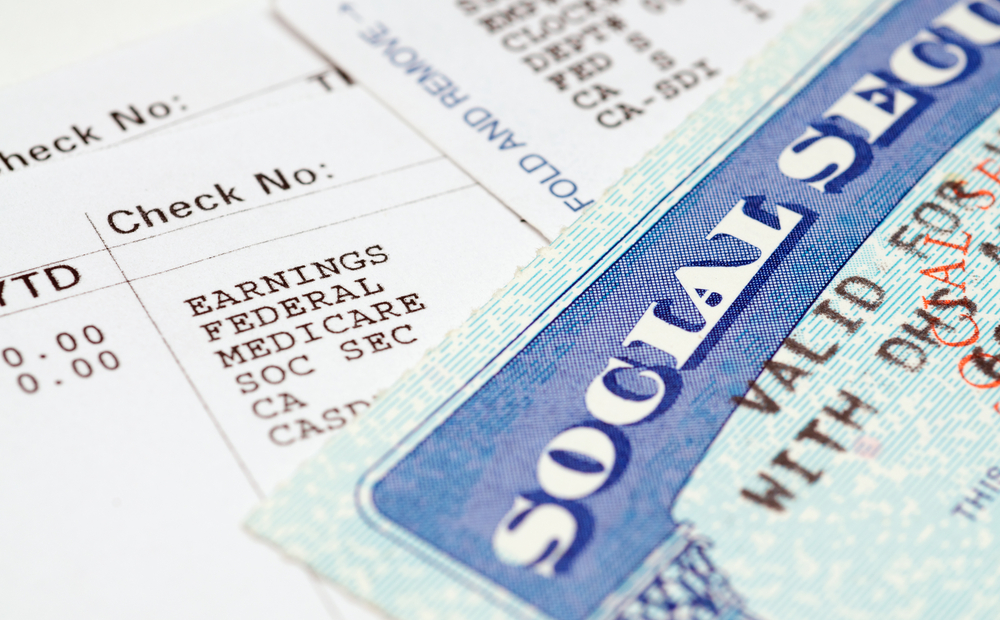The social security fund is expected to run out of money by 2033, as you are well aware. The deadline is only 14 years away, and it will have a significant impact on both those who are not yet enrolled and those who are. What will happen if the fund is no longer available? You are aware that once the fund is depleted, the benefits will be unavailable. If the program is implemented, it is certain that the benefits will be severely harmed, and some changes are expected over the next 12 years or after the fund runs out.
If the fund runs out as planned, there’s a chance that benefits will be reduced even more. If current wage taxes are the only source of funding for social security in 2033, the administration will only be able to pay out 75% of the promised benefits. It means that the benefits will be drastically reduced by 25%. Your retirement plans will be severely hurt as a result of such a reduction. Those who rely on social security benefits will be hit the hardest by the reduction.
Because of the benefit reductions, some retirees will apply early in order to receive the maximum benefits before the fund runs out. If you apply for benefits early, the outcome will be even more dramatic. If retirees want to take advantage of their benefits earlier or before the maturity period, they can get 70% of their full retirement age benefits. In this case, applying early will jeopardize your retirement plan. In either case, you will lose, and your retirement plan, and ultimately your retirement life, will be suffered.
It will be even more painful if Congress votes to increase the social security taxes that are levied on employees’ wages to avoid a reduction in benefits. If the tax increase is implemented immediately, the tax rate will rise from 6.2 percent to 7.55 percent, costing a person earning more than $50,000 per year an additional $675 per year. Employees earning more than $50,000, on the other hand, will pay an additional $912 per year at an 8.025 percent wage tax rate if the increase is not implemented until 2035.
As people live longer, the full retirement age will likely rise in the coming years, allowing them to receive full social security benefits. The average life expectancy has increased by 7 years since the program began, but full-age retirement benefits have only increased by 2 years. As the fund runs out, the administration is expected to revise the full retirement age and raise it even higher, as well as impose harsher benefit reductions for those who apply earlier.
Final Thought
Don’t let another minute go by that your retirement accounts aren’t protected with gold. Call a Century Gold specialist today to discuss ways to safeguard your future
